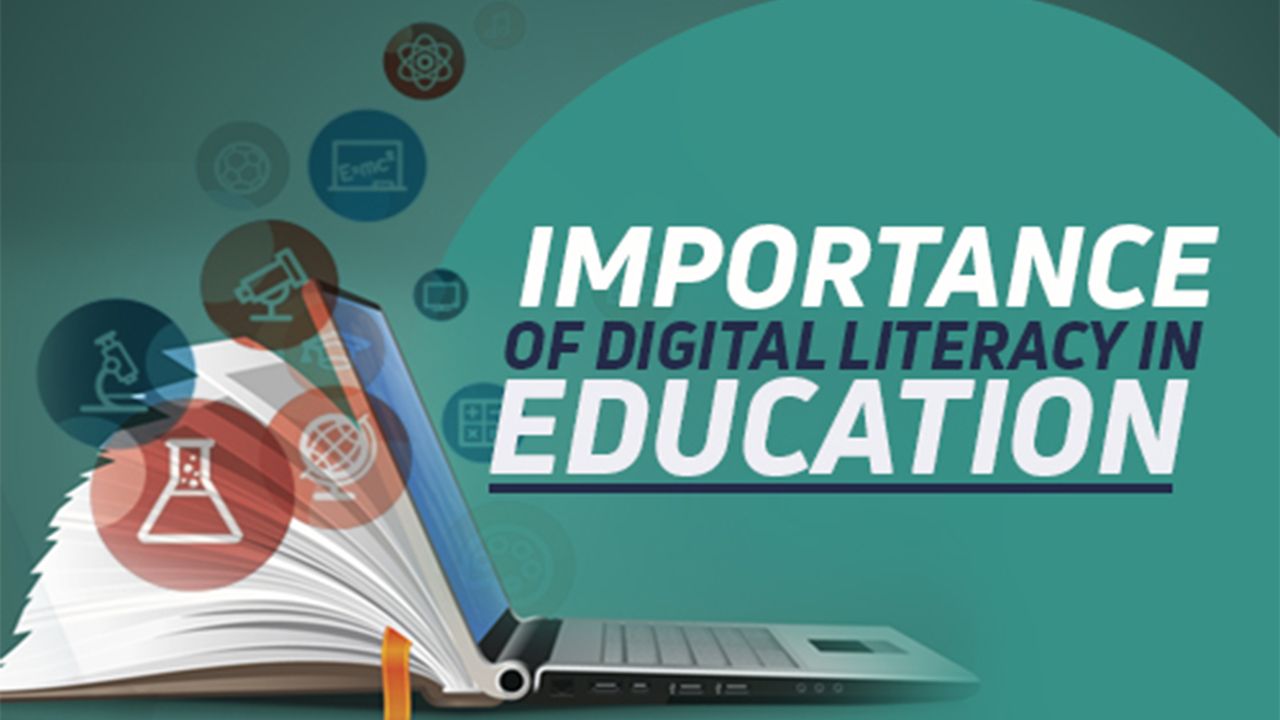Digital literacy encompasses the skills required to use technology safely, effectively and responsibly. As technology continues to become more and more ingrained in daily life, the importance of learning digital literacy skills is becoming increasingly apparent. Below are five reasons digital literacy is important.
1. Support Educational Progress
One of the first reasons digital literacy is important is because of the increased use of technology in education. The use of technology as a learning tool has grown in the past 15 years, with technology platforms such as computers, tablets and the internet becoming increasingly prominent in K-12 schools and universities.
Students with digital literacy skills will be more comfortable and confident in these learning platforms, while those without digital literacy skills may have their progress stymied by an inability to or lack of confidence in navigating the related technology.
2. Increase Online Safety
Online risks are complex and ever-changing, with nefarious individuals or groups continually discovering and creating new ways to take advantage of others. While digital literacy cannot prevent students from facing safety challenges online, it can empower them with important knowledge, tools, processes and resources to help protect their safety and privacy as much as possible.
3. Understand Digital Responsibility
Along with online safety, digital literacy also teaches the importance of digital responsibility, which is the ability to consume and communicate information ethically online. Increased technology dependence exposes students to challenges related to copyright and plagiarism, cyberbullying, vetting informational resources, and interacting responsibly with others. Digital literacy skills help students master their ability to understand and effectively navigate these challenges, making them more responsible digital citizens.
4. Improve Digital Equity
Another reason digital literacy is important is that it helps to bridge the digital divide. Even with the proliferation of technology in households and educational institutions, there remains a disproportionate number of minority workers with limited digital skills. By making digital literacy a priority in K-12 education, institutions can help to improve digital literacy among underrepresented groups, helping to upskill these students so they may have increased career opportunities in the future.
5. Supports Lifelong Skills
While technology is ever-changing, digital literacy foundations empower students with base knowledge and skills that can be applied to various types of technology now as well as in the future. For instance, learning basic concepts such as input/output, application operation, discerning hardware devices and how to use them, etc., can provide basic transferable knowledge that can be applied to new and emerging technologies.








Comments